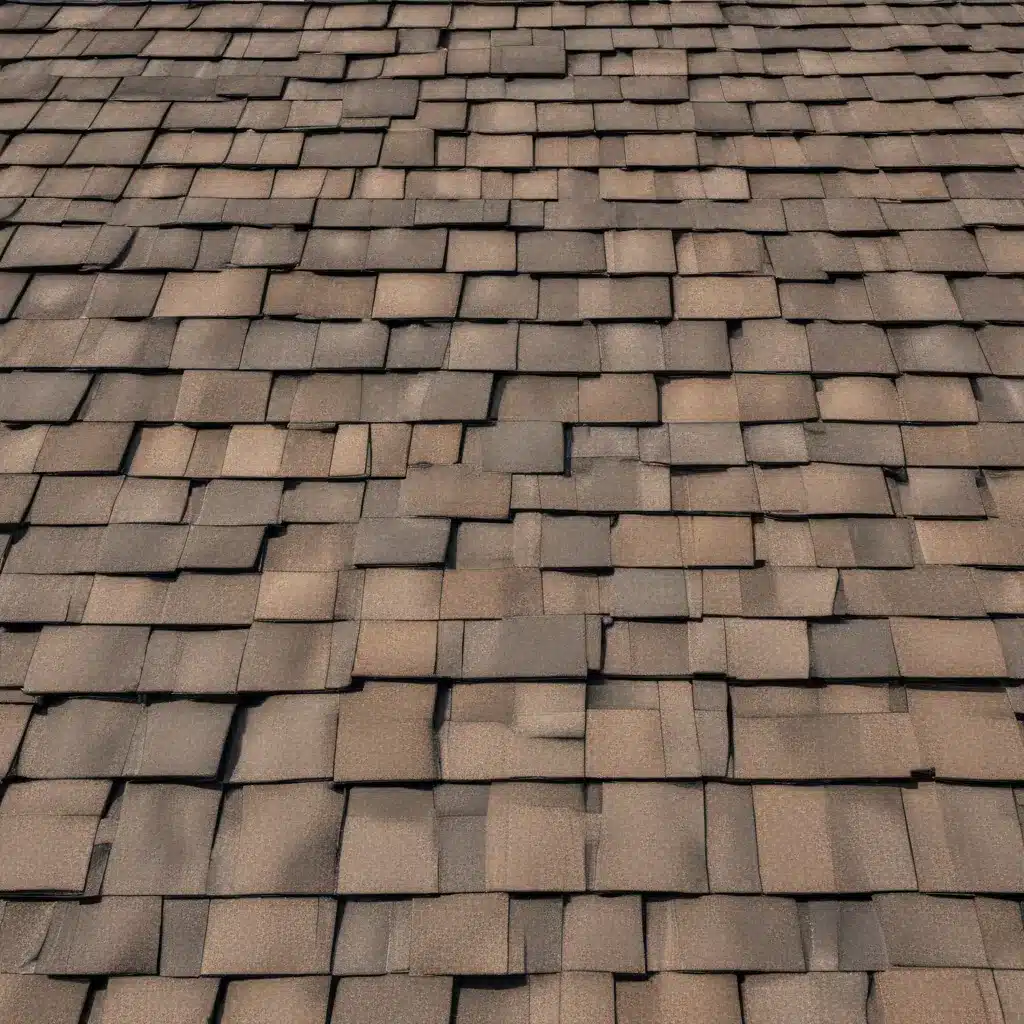
As an experienced roofing professional, I understand that replacing a roof is a significant investment for homeowners and businesses. However, it’s also a crucial undertaking to protect the integrity of your structure, ensure energy efficiency, and safeguard the well-being of those who occupy the space. In this comprehensive guide, we’ll explore the key factors to consider when planning and budgeting for a roof replacement project.
Roofing System Components
Before delving into the specifics of timing and budgeting, let’s briefly review the essential components of a roofing system:
Roof Structure
The roof structure includes the trusses, rafters, and sheathing that provide the foundation for the roofing materials. These elements play a critical role in the overall stability and longevity of the roof.
Roofing Materials
The visible layer of the roofing system, the materials can range from traditional asphalt shingles to more modern options like metal, tile, slate, or even solar-integrated shingles. Each material has its unique advantages, from durability to energy efficiency.
Roof Maintenance and Repairs
Proper roof maintenance is key to extending the lifespan of your roofing system and avoiding costly full-scale replacements. Regular inspections can help identify and address issues before they escalate.
Roof Inspections
Periodic inspections, both by homeowners and professional roofing contractors, can help catch signs of wear and tear, such as damaged or missing shingles, ventilation problems, and the accumulation of moss and algae.
Common Roof Issues
Some of the most common roof issues include leaks, deteriorating shingles, ventilation problems, and the growth of moss and algae. Addressing these problems through targeted repairs can often postpone the need for a full roof replacement.
Repair Strategies
Depending on the extent of the damage, repair strategies may include patching, partial re-roofing, or a full roof replacement. Working with an experienced roofing contractor can help determine the best course of action.
Seasonal Roof Considerations
The time of year can have a significant impact on the roof replacement process, as well as the long-term performance of the new roofing system.
Winter Preparations
As the colder months approach, it’s essential to ensure your roof is well-equipped to handle snow, ice, and harsh weather. This may involve upgrades to insulation, proper ventilation, and implementing strategic snow and ice management techniques.
Summer Weatherproofing
In the warmer months, the focus shifts to ensuring your roof can withstand the intense heat and UV exposure. Reflective roofing materials and enhanced ventilation can help mitigate the effects of summer weather.
Energy-Efficient Roofing Options
When planning a roof replacement, it’s an opportune time to explore energy-efficient roofing solutions that can provide long-term cost savings and environmental benefits.
Reflective Roofing Materials
“Cool roof” systems, such as those with highly reflective coatings, can significantly reduce the amount of heat absorbed by the roof, leading to lower cooling costs and a more comfortable indoor environment.
Insulation Improvements
Upgrading the insulation in the attic or at the roof deck can dramatically improve the energy efficiency of your home or building, helping to regulate temperatures and minimize heating and cooling demands.
Renewable Energy Integration
Incorporating solar roof panels or solar-integrated shingles can turn your roof into a source of renewable energy, further reducing your carbon footprint and potentially providing a return on investment through energy savings or even utility rebates.
Budgeting for Roof Replacement
Determining the budget for a roof replacement project requires a careful consideration of various cost factors and available financing options.
Cost Factors
The overall cost of a roof replacement can be influenced by the selection of roofing materials, the size and complexity of the roof, and the labor and installation expenses. Working with a reputable roofing contractor can help you navigate these variables and find the most cost-effective solution.
Financing Options
In addition to traditional financing methods, such as home equity loans, many roofing contractors offer their own financing options or can provide guidance on government rebates and incentives that may be available for energy-efficient roofing upgrades.
Professional vs. DIY Roof Replacement
While some homeowners may be tempted to undertake a roof replacement project themselves, it’s generally advisable to work with a professional roofing contractor, especially for large-scale or complex jobs.
Advantages of Professional Installation
Experienced roofing contractors bring a wealth of expertise, ensuring the job is done correctly, efficiently, and in compliance with local building codes. They also typically offer warranty coverage, providing peace of mind and protection for your investment.
Considerations for DIY Roof Replacement
Attempting a DIY roof replacement can be a risky endeavor, as it requires a high level of skill, specialized tools, and a thorough understanding of roofing systems. The potential for safety hazards and costly mistakes makes professional installation the recommended choice for most homeowners.
Eco-Friendly Roofing Alternatives
As environmental consciousness continues to grow, homeowners and businesses are increasingly seeking sustainable roofing solutions that align with their values and reduce their carbon footprint.
Sustainable Roofing Materials
From recycled content to renewable sources, eco-friendly roofing materials are becoming more widely available and offer long-term benefits beyond just environmental impact, such as improved durability and energy efficiency.
Green Roof Systems
Incorporating vegetated roof assemblies, also known as “green roofs,” can provide additional stormwater management, urban heat island mitigation, and a unique aesthetic appeal, all while contributing to a more sustainable built environment.
When planning a roof replacement, it’s essential to carefully consider the timing, budgeting, and strategic options that will yield the best long-term results for your property. By working with a seasoned roofing professional, you can navigate the complexities of this process and ensure your new roof not only safeguards your investment but also aligns with your unique needs and sustainability goals.
For more information on roof replacement planning and expert roofing services, visit Roofers El Cajon or contact us today.

